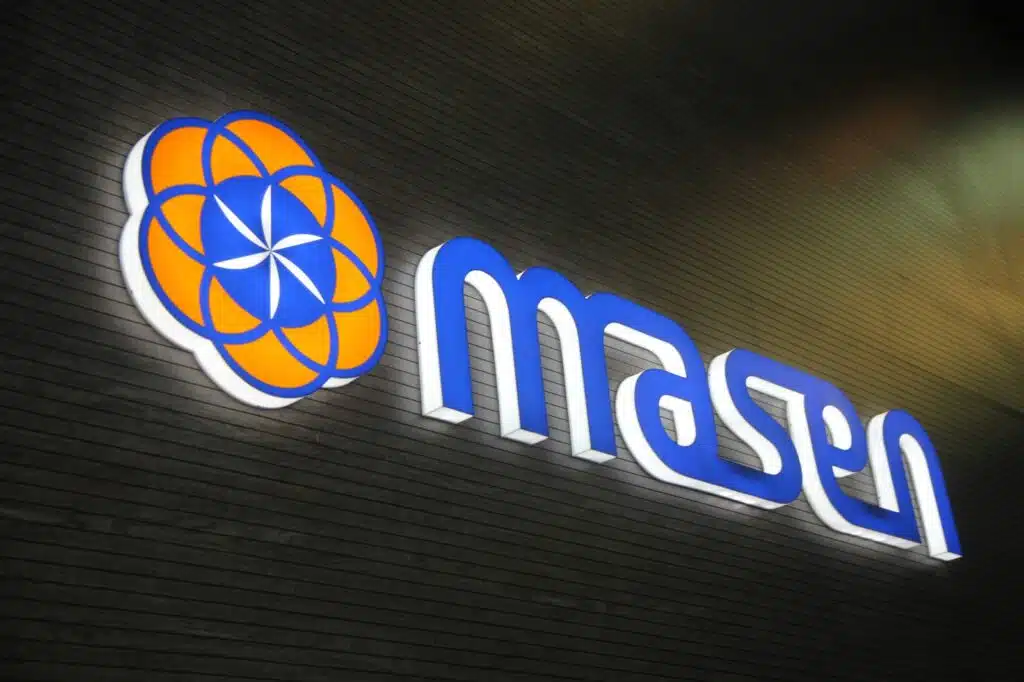
Taqa Morocco and JBIC Partner to Advance Sustainable Energy Infrastructure

Mining in the Andes: Critical Minerals and the Next Phase of Global Investment

Chile has a bright future ahead in relation to the energy transition. Not only does it have excellent conditions to generate significant amounts of renewable energy but is also, according to many analysts, home to the largest reserves of lithium in the world, a critical mineral that is key for this transition away from fossil fuels. In this regard, Chile´s biggest challenge is how to develop lithium projects quickly enough to meet the global demand while assuring high levels of environmental and social standards. Companies like CleanTech Lithium aim at both utilizing more efficient technologies such as Direct Lithium Extraction (DLE) to extract and process lithium, use renewable energies and recycling processed water to reduce total consumption, and work closely with local indigenous communities to share value.
Chile will play a fundamental role in the years to come. It´s openness to global markets and rule of law tradition will enable the development of new projects that will allow the world to meet the demand of these critical minerals. Lithium, cobalt, copper, gold and other minerals extracted and processed in Chile will be able to be distributed to different global regions where batteries and EVs are manufactured.
In my experience, transparency and collaboration are the key to develop the necessary trust between the different actors. Local communities, governments, vendors, industry experts and end customers, all of them want to understand how lithium is produced, how much value is shared in the country, and how they can contribute to the energy transition by using our products and collaborating with us.
Today, stakeholders want more than just annual reports or declarations of good will, they want verifiable information that can be independently confirmed; and they want humility and accountability from companies to acknowledge areas of improvement and seek for continuous improvement. Therefore, building knowledge and doing joint research with universities and other institutions, developing local vendors, and sharing timely, accurate and transparent information about our processes and impacts are aspects that need to be part of any project.


